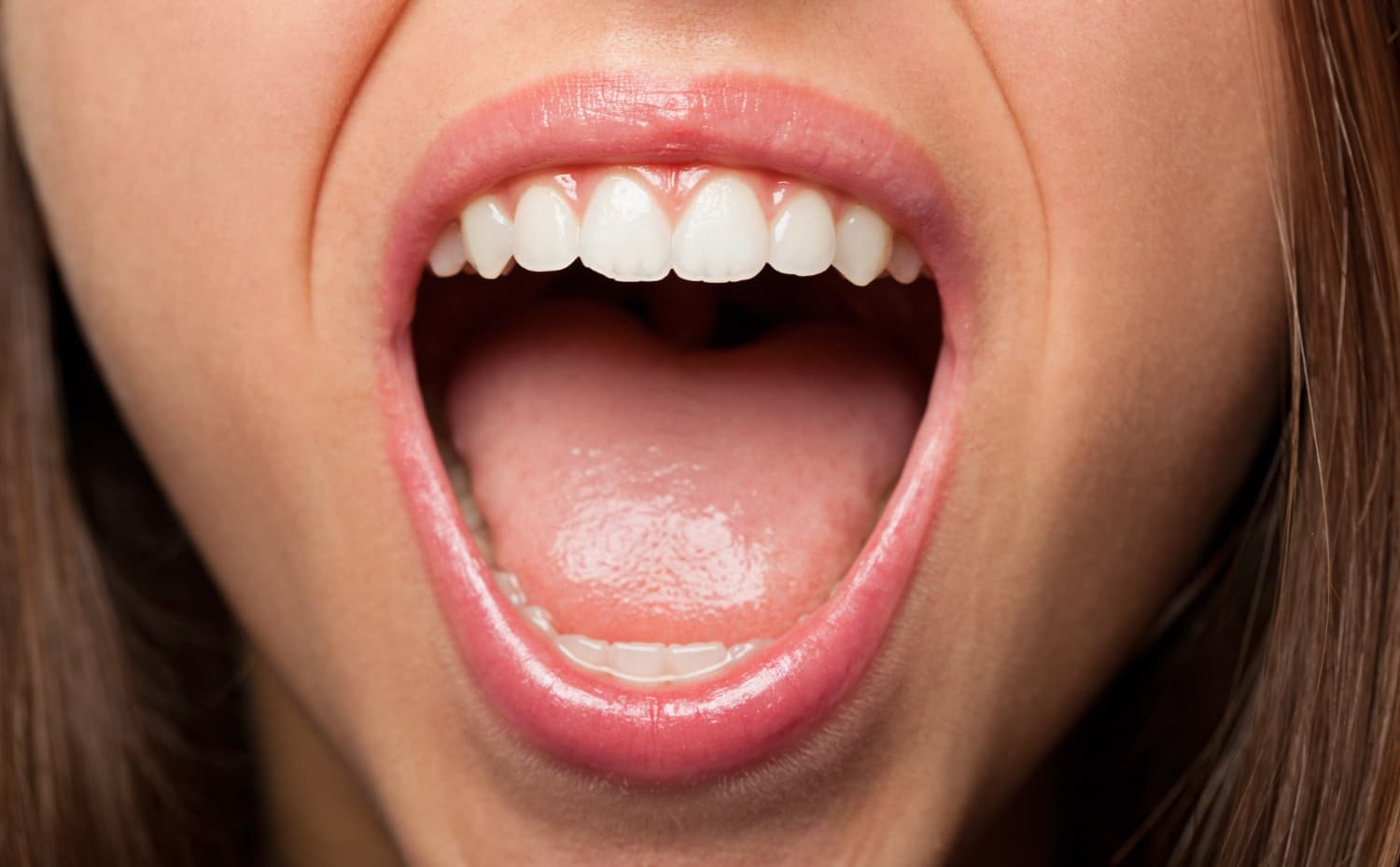Scientists develop a contemporary “substitute” for saliva to treat dry mouth
Admin
- 0
A new experiment discovered that microgel molecules appear as a lattice-shaped network or sponge that adheres to the surface of the mouth and helps keep it hydrated for those suffering from xerostomia or dry mouth.

A team of scientists at the University of Leeds has developed an innovative aqueous lubricant technology that is found to be four to five times more effective than currently commercially available products, according to laboratory tests.
Microgel is a saliva substitute that has been developed to treat dry mouth. It has been demonstrated to be similar to natural saliva in terms of hydration and lubrication during chewing.
Under a powerful microscope, the molecules of this microgel appear as a lattice-shaped network or sponge that adheres to the surface of the mouth. Surrounding the microgel is a polysaccharide-based hydrogel that traps water, providing a dual function that keeps your mouth hydrated for longer periods.
Professor Anwesha Sarkar, leader of the development team, said: “Our laboratory benchmarking reveals that this substance will have a longer-lasting effect. “The problem with many of the existing commercial products is that they are only effective for short periods because they do not adhere to the surface of the mouth, which affects people’s quality of life.”
The findings of the study, titled “Comparative evaluation of a microgel-reinforced hydrogel-based aqueous lubricant versus commercial saliva substitutes,” have been published today (November 20) in the journal Scientific Reports.
Contents
ToggleLonger duration of oral hydration
The superior performance of the new substance is attributed to the adsorption process, which allows the microgel molecules to bind to the surface inside the mouth. This innovative microgel comes in two forms: one made with dairy protein and another vegan version that uses potato protein.
The substance was compared with eight commercially available saliva substitutes, including Boots’ Biotene, Oralieve, Saliveze and Glandosano. The evaluation was carried out in a laboratory on a surface similar to an artificial tongue, without the participation of human subjects.
Testing revealed that the product developed in Leeds had a significantly lower level of desorption (loss of lubricant) compared to existing commercial products. While commercially available products lost between 23% and 58% of the lubricant, Leeds’ saliva substitute showed only a 7% loss, with the dairy version being slightly higher than the vegan version.
Also Read: CDC warns of alarming increase in syphilis cases in newborns during the last decade
Dr Olivia Pabois, a researcher at Leeds and first author of the study, commented: “The trial results provide strong proof of concept that our material is likely to be more effective in real-world conditions and could offer relief from up to five times more than existing products .”
Furthermore, the substances used in the production of saliva substitutes, which include plant and dairy proteins and carbohydrates, have been shown to be non-toxic to humans and contain no calories. Although the tests were carried out only in the laboratory, the scientific team is confident that the results will be replicated in clinical trials with humans.
The research team is now working on translating this lubricant technology into commercially available products, with the goal of improving the quality of life of people experiencing debilitating dry mouth conditions.
Xerostomia (or dry mouth) is a common condition that affects approximately one in ten people and is most common among older people and those who have received cancer treatment or take a combination of medications.


